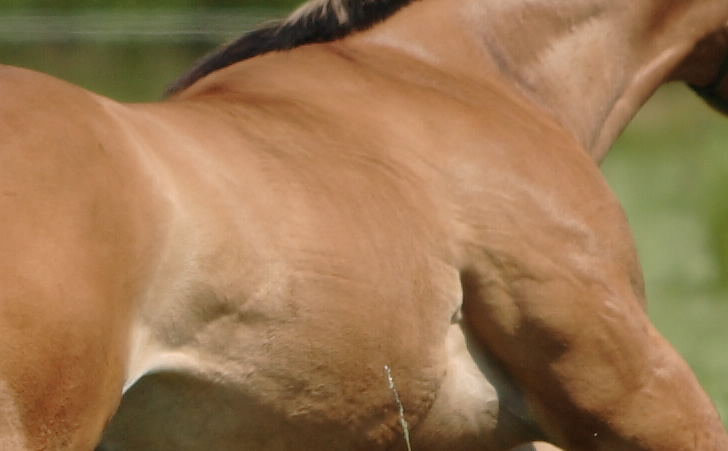Deuteronomy 14:22 – 16:17 & Numbers 28:19 – 28:25 – Pesach 8 (Shabbat)
“To a mare among Pharaoh’s chariots – that is how I have imagined you, my beloved!” (Song of Songs 1:9) It is an old custom, of over one thousand years, to read the Song of Songs, a beautiful song cycle of intense sensuality and emotion, on Passover. Yet, the verse just quoted is the only one in the entire book that has any reference that can be easily tied to the Passover story. Surely, it can hardly serve as sufficient basis for associating this text with our holiday.
But the image calls forth additional associations. Because we read this Song toward the end of Passover, we cannot escape images from the story that took place on the seventh day of the Passover journey. As we sing this Song of Songs, we recall our very first song that we chanted as a people. The Israelites sang it at the banks of the Red Sea, in celebration of their miraculous salvation. As Pharaoh pursued the Israelites, God “flung horse and rider into the sea.” (Ex. 15:1) In Hebrew these are almost the same words used in the lover’s song. Our image is not simply about beauty. It has darker tones. Can it be that he imagines his beloved as a beautiful horse racing into the sea? Pharaoh’s horses and chariots drowned. Are the overwhelming emotions of passion and desire driving his beloved to run to her doom? Will the lover leap forward and save her in the nick of time? Wil his love perform miracles.
Passover is commonly identified as the Festival of Freedom. The chanting of the Song of Songs on this holiday reminds us of the lovers’ struggles to find freedom as individuals and as a couple. Love is not only a source of pleasure and liberation in the Song. It is also painful, bewildering, enslaving and dangerous. One may drown from love, but “many waters cannot put out the flame of love and rivers cannot wash it away.” (Song 8:7) Pharaoh’s charioteers and their beautiful horses sank into the ferocious waves of the sea while we walked in between the waters, on dry land. The Song teaches us that Passover is not just about the dry historical or political realities and theories of freedom. If we focus only on the dry path that we trod with care, but we ignore the swirling waters around us and within us, we will never feel enough what freedom really is, and we will never be moved enough to burst forth in song.
Hag Same`ah v’Shabbat Shalom
Rabbi David Greenstein
![]()
Subscribe to Rabbi Greenstein’s weekly d’var Torah
Image(s): “going for a run” © Ray Dumas altered and used with permission via Creative Commons License
- Toby Stein: In Memoriam - Thu, Feb 8, 2024
- Faithfulness and Hope: Parashat Sh’lach - Thu, Jun 23, 2022
- Past Their Prime: Parashat B’ha`a lot’kha - Thu, Jun 16, 2022

